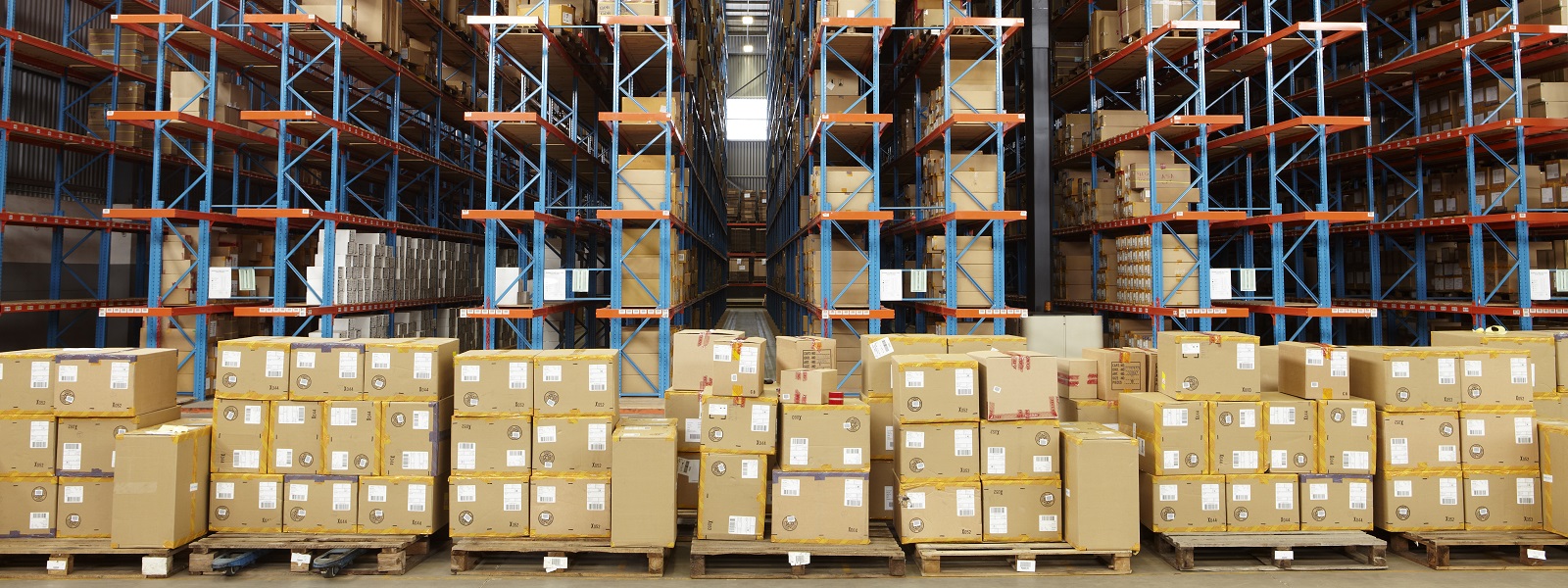Private equity-backed takeovers of listed companies in Western Europe have enjoyed several strong years, with deal value rising year on year from 2013 to reach a total of US$38.8 billion in 2019. Volume followed a similar territory, demonstrating annual increases every year from 2017 and coming to a total of 19 in 2019.
This rise in P2P deals has been driven by the ever-growing amounts of dry powder accumulated by the PE industry—US$1.5 trillion in total as of last July, according to Preqin. The increased firepower wielded by PE houses has led to heavier competition between bidders and therefore higher valuations for assets. In this landscape, publicly listed companies, which historically have traded at a premium to private ones thanks to their liquidity, have seen that valuation premium narrow in recent years.
European P2P activity in outpaces US
The COVID-19 pandemic has been a stumbling block for P2P deals: there were only 13 such deals in Western Europe in the first nine months of the year, a 38% decline on the same period in 2019. Value dropped even more steeply, by 55% to US$14.3 billion.
Despite this drop, P2P activity has remained more resilient in Western Europe than it has in the US. The US P2P market traditionally dwarfs that of Western Europe, yet in 2020 has seen activity plummet—there were only 8 such transactions in all of Q1-Q3, worth US$2.9 billion. This represents a 53% fall in volume and a 95% tumble in value on the same period in 2019.
The biggest P2P takeover of a US firm was Advent’s US$1.4 billion acquisition of IT security firm ForeScout Technologies. In contrast, the largest P2P deal in Western Europe—the purchase of Spanish mobile carrier Masmovil by Lorca Telecom, a bidco formed by Cinven, Kohlberg Kravis Roberts and Providence—was significantly larger, at US$5.3 billion.
This stands in contrast to overall PE buyout activity in the US, which despite a fall in activity, fared far better, with 859 transactions recorded in the first three quarters worth US$141.1billion—a 24% decline in volume and a 26% decline in value.
Strong US stock performance discourages deals
One possible factor to explain the sluggish levels of P2P activity in the US market is the strong bounce back of the equity market, which reached record highs in the midst of the pandemic, before falling back slightly. This contrasts with European stocks, which despite a healthy recovery since March, are still far below pre-pandemic valuations.
With this in mind, European companies may look attractively priced for the international private equity industry’s highly mobile pools of capital. Most of the private equity dealmaking in Europe this year has been by US firms, including Bain and Kohlberg Kravis Roberts.
Another possible factor to explain the dearth of US P2P transactions is the upcoming US election. Higher capital gains taxes are a possibility, should the Democratic Party win the presidency and control of Congress. Moreover, many analysts fear that unless either side wins a landslide victory, the result could be disputed in the courts, as it was after the 2000 election, prolonging the period of uncertainty. With this level of uncertainty in mind, PE houses could be more reluctant to go after publicly listed firms, which are typically far larger ticket transactions than acquisitions of privately held assets.
Industrials dominate European P2Ps
The most dominant sector in European P2Ps in the first three quarters has been industrials and chemicals (I&C), with six transactions worth US$7 billion. In contrast, there were no deals in the sector in the US.
The largest European I&C P2P transaction was US$3.5 billion takeover bid for Ahlstrom-Munksjo, a Finnish fiber-based solutions provider, by a consortium comprising Bain Capital and investment groups owned by Finland’s Ahlstrom and Ehrnrooth families. Announcing the deal, the consortium said it believed that Ahlstrom-Munksjo would be better positioned to fulfil its potential under private ownership.
Bounce back before long
In the longer term, the PE industry’s stockpile of US$1.5 trillion in dry powder is a powerful tailwind. While PE firms have proved prudent in the second and third quarters, we are likely to see a return to higher levels of dealmaking once uncertainty subsides after the US election. However, the exuberant performance of the US stock market could continue to leave PE firms feeling uneasy and reluctant to transact for fear of overpaying.
Against this background, European stock markets could continue to provide fertile hunting grounds for P2P transactions. Historically, European small and mid-caps have been less thoroughly covered by analysts compared to the US market, which leaves the management of many European listed companies undervalued by the stock market.
White & Case expects a continued increase in European P2Ps, and is actively working on some that will be announced in coming months.





